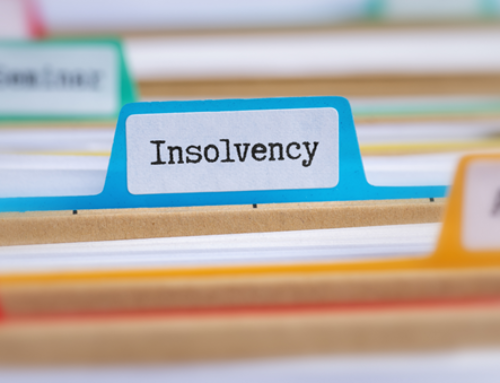
Insolvency is a highly regulated professional service. If a firm offers “insolvency services” there must be a licensed Insolvency Practitioner (IP) within the business. Insolvency practitioners have often qualified as accountants before they specialise in insolvency. It is important that they have a good understanding of business finance.
There are many firms which claim to offer insolvency services; however, some will simply charge you a fee to refer you to another company that does have a licensed IP. If you feel that you may need the help of an IP it is worth making sure that you are speaking to one before you share all the details of your business. There is a list of regulated Insolvency Practitioners here. An IP will generally provide initial advice without charge.
Like all professional advisers it is worth asking around to make sure that you get an IP you feel you can work with.
What does an IP do?
The first steps an IP should take in any discussion with you should be to get to know you and your business and to understand the financial situation.
The IP, often with the help of your other trusted advisors such as accountants or solicitors, will then help you to understand your options.
That may be to help you to work out how to rescue your business or it may be to understand the different insolvency processes available to you.
Depending on the situation, this may be:
- Taking steps to preserve jobs and rescue your business where possible
- Dealing with complex legal claims where there are parties whose actions contributed to the company insolvency
- Acting as a negotiating intermediary between you and your creditors to find suitable repayment solutions to avoid insolvency
- Overseeing an informal insolvency process
Formal insolvency processes are all governed by the Insolvency Act 1986 and must be overseen by a qualified IP.
These procedures are listed below, they are all appropriate to different situations. The IP will explain to you which one could be best for you and your business.
- Creditors Voluntary Liquidation
- Members Voluntary Liquidation
- Compulsory Liquidation
- Administration
- Individual Voluntary Arrangement
- Company Voluntary Arrangement
- Bankruptcy
Will I have to pay?
At the advice stage of the process you or your company are a client of the IP. You will receive a formal engagement letter which will include details of fees.
If you agree that the best solution to your problems is a formal insolvency procedure the insolvency fees are paid from the sale of assets. If there are no assets to be sold the directors of the business will be asked to contribute to the costs of the liquidation.
As a director of a business it may be possible to make a claim for redundancy against the government which can help with the fees. Your IP should help you to understand what you are entitled to.
Why get an IP involved?
When your business is struggling it can be difficult to see the way out. An IP is an expert in helping you understand your options. The sooner you contact them the better the chances that they will be able to help you rescue your business and keep any personal liability to a minimum.
Contact
If you would like to talk through your issues please get in touch:
Andrew Bland – Andrew.Bland@dmcrecovery.co.uk or 07788 444222
Janet Mayo – Janet.Mayo@dmcrecovery.co.uk or 07825 411932





